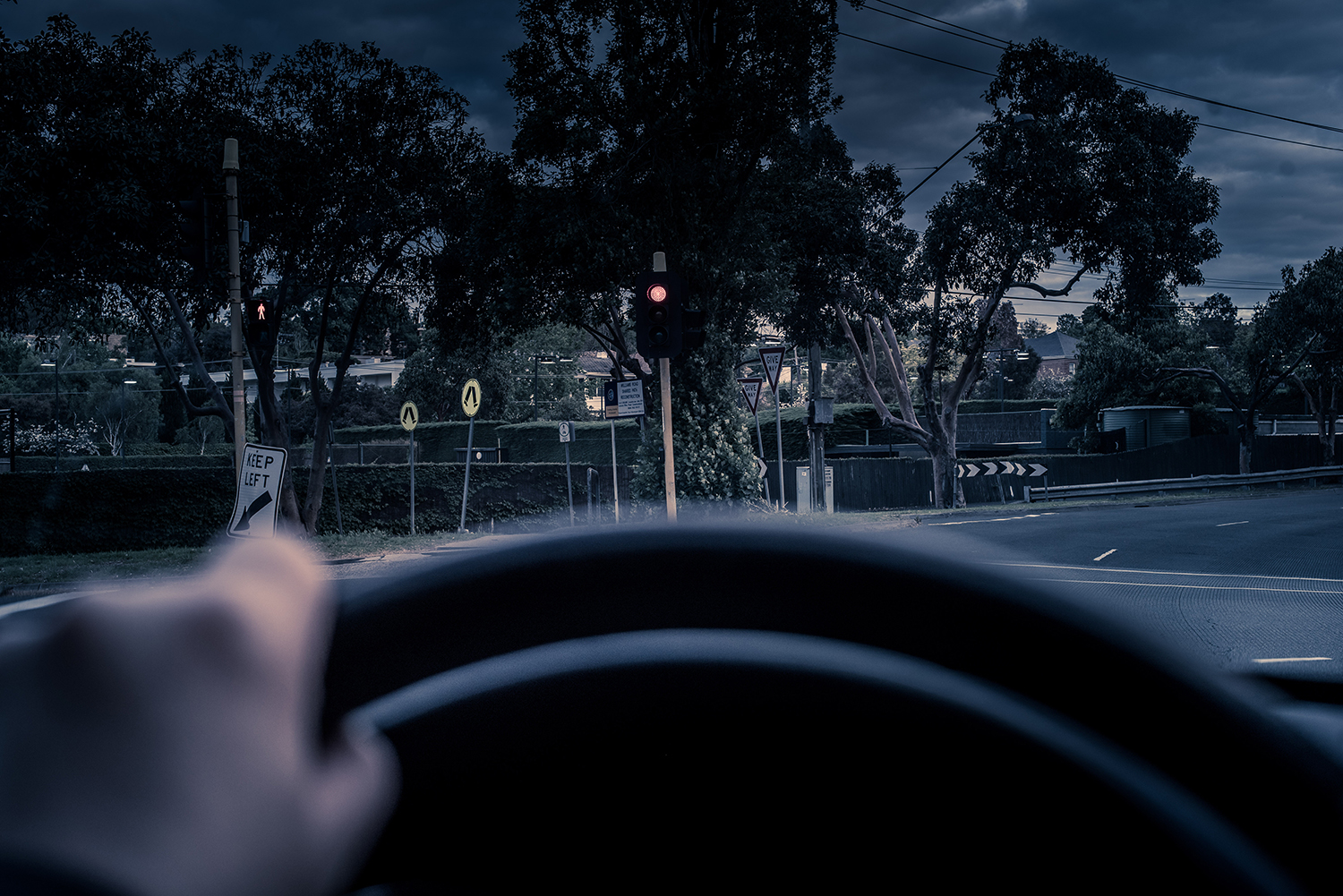As an outpatient alcohol treatment center in Denver, we have seen the way drinking and driving can destroy lives. Many of our patients come to us after an experience with drinking and driving, whether the worst case scenario happened, or they just came close. Putting yourself and others at risk as to not interfere with your drinking is a clear sign that alcohol is a problem for you.
If you can’t seem to stop drinking, or have tried quitting many times before, know that this doesn’t mean you are a failure. Alcohol use disorder has a real, scientific basis that can be addressed through proper intervention. With the proper resources, all you need to go sober forever is true motivation to change.
If you struggle with alcohol, you may have driven under the influence before, posing a danger to yourself and everyone else on the road. Read on to understand the dangers of drinking and driving.
The Dangers of Drinking and Driving
Even small amounts of alcohol can have an impact on your ability to drive. The key to driving safely is being able to focus and make quick, sound decisions. These are skills are impaired by drinking, and the effect of alcohol varies, so there is no way to predict a “safe” amount of alcohol to drink before driving. Here are some of the ways drinking impairs your ability to drive:Slower Reaction Time
One of the primary ways drinking affects your ability to drive is through its impact on your reaction time. Alcohol inhibits your brain activity, slowing your ability to respond. This means that if anything unexpected happens, such as the car in front of you suddenly brakes, your brain takes too long to process the event, and you’re more likely to have an accident.Coordination Problems
When you drink, your motor skills are impaired. This means your eye, hand, and foot coordination are compromised, making it difficult for you to avoid any danger that may cross your path while driving. You can tell your coordination is impaired from drinking when you’re swaying and having difficulty walking or standing straight.Reduced Concentration
Even minimal amounts of alcohol can impair your concentration. It’s essential that you’re able to focus when you drive, as there are hundreds of things that will require your attention, such as staying in your lane, controlling your speed, traffic signs, and the other cars on the road. Without proper attention, it’s much more likely that you will experience an accident.Poor Vision
Excessive alcohol consumption also impacts your vision. You may have noticed after drinking that you have blurred vision, or struggle to control your eye movement. If your vision is impaired while you’re driving, you may have difficulty judging the distance between you and the other cars on the road. In addition, you may struggle with your peripheral vision.Lack of Judgment
Drinking also impacts your ability to make judgments. When you’re operating heavy machinery such as a car, it’s essential that you’re able to make smart decisions. For example, your judgment helps you when you’re driving by helping you predict any potential problems. Your judgement is also what keeps you alert and aware of your surroundings when you’re driving.Blood Alcohol Content (BAC) and Driving
Intoxication level is assessed through blood alcohol content (BAC). This is measured using a breathalyzer test. To be legally considered impaired, your BAC must be at 0.08 percent. That being said, your senses can be affected by alcohol even after a single drink. This means that it is never worth it to drink and drive, as you are putting yourself and others at risk. Here is how you may be impacted at different BAC levels:BAC of 0.02
- Impaired judgement
- Increased mood swings
- Decreased vision
- Difficulty multitasking
BAC of 0.05
- Further impaired judgment
- Lack of coordination
- Difficulty detecting moving objects
- Decreased alertness
- Decreased inhibitions
- Motor skills impacted
- Reduced response time
BAC of 0.08
- Even further impaired judgment
- Lack of reasoning
- Difficulty with self-control
- Short-term memory loss
- Lack of muscle coordination
- Inability to concentrate
- Reduced ability to process information
- Lack of speed control
BAC of 0.10
- Slowed reactions
- Difficulty controlling the vehicle (operating it, keeping it in one lane, braking when necessary)
- Slurred speech
- Poor coordination
BAC of 0.15
- Loss of balance
- No muscle control
- Vomiting
- Impaired vision and hearing
- Significant inability to focus


0 Comments